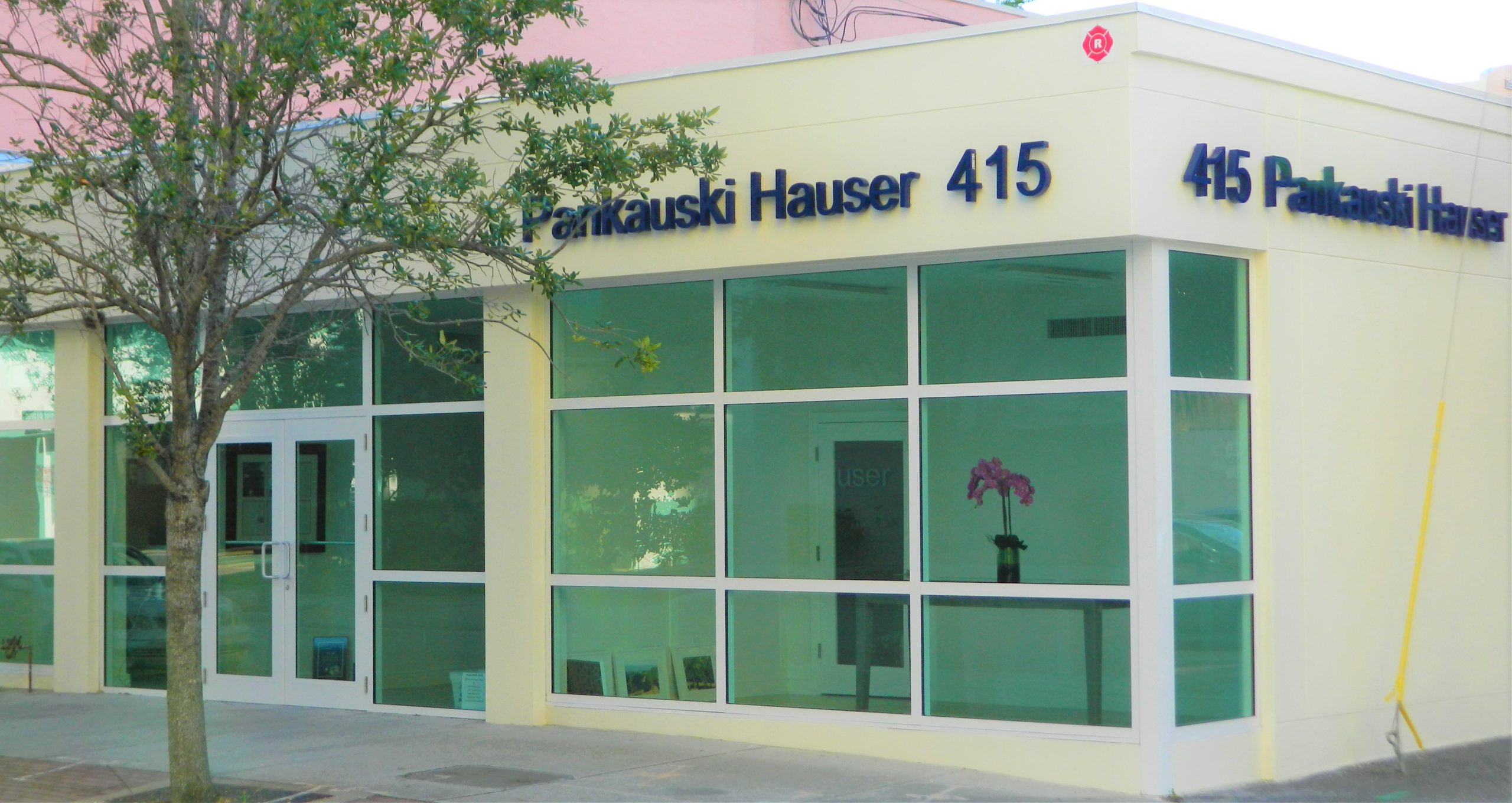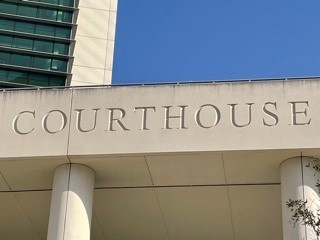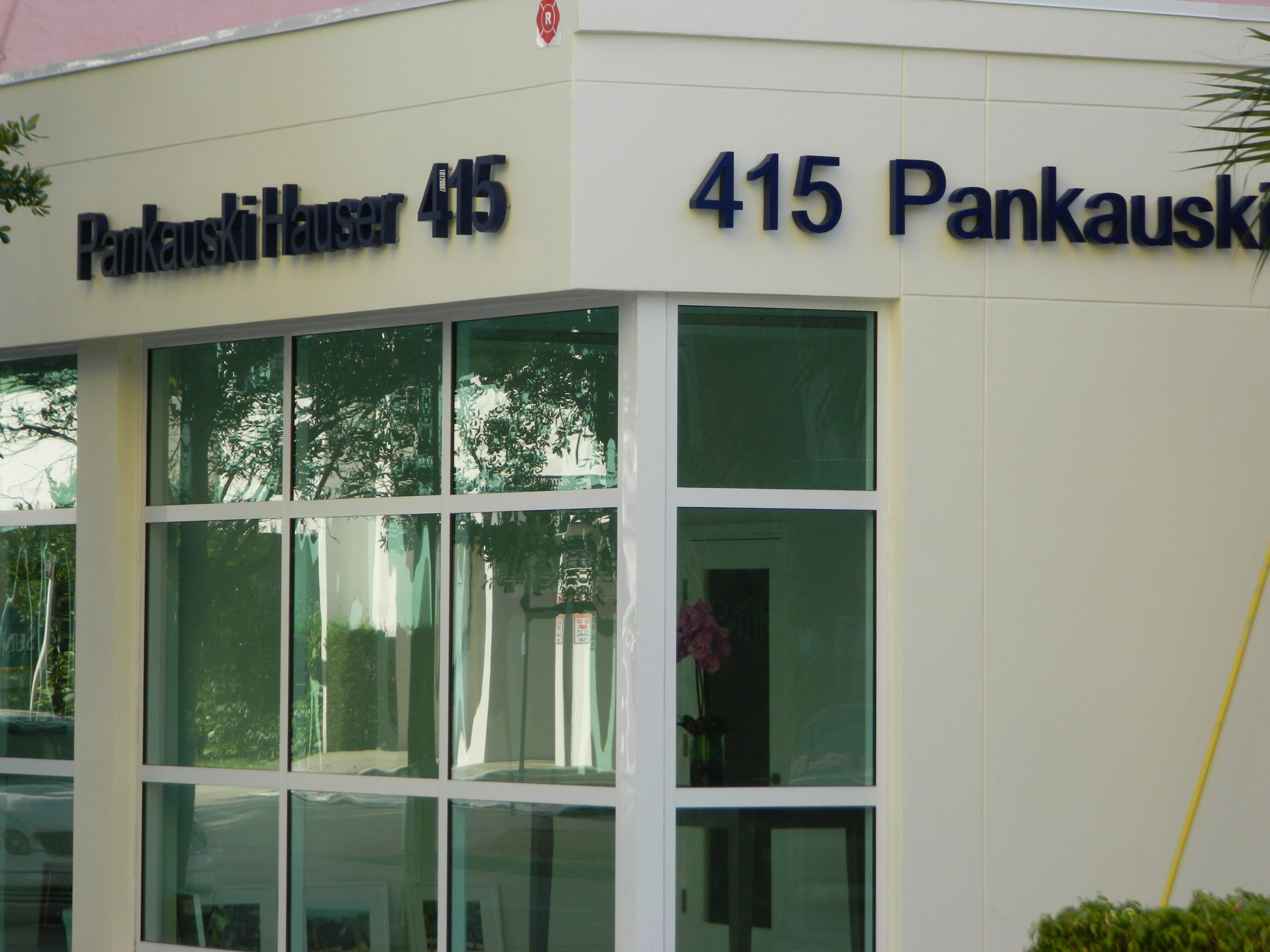
Mediation settlement agreements in Florida probates are intended to END your estate dispute. So, why is there so much litigation, and many appeals, over these documents? This free legal commentary will discuss a recent, 2021 case involving an estate settlement. In writing ! What do you do when a court order says one thing, and your settlement agreement says another? [ For those of you who have not attended mediation yet, get ready ! Retired judges say repeatedly that it’s your best chance to get an inheritance. Or end a fight–with a lot less risk than trial. To see a FREE FLORIDA PROBATE VIDEO on how to win at mediation, CLICK HERE. ] How To Read a Settlement Agreement In Florida probate disputes, judges will order the parties to attend a mediation. A mediation is a settlement conference. There is a neutral, third party facilitator, called a “mediator.” She will attempt to foster discussion and see if the parties want to settle. If a settlement is reached, it will be reduced to a written and signed settlement agreement. What happens if there is a dispute over the document? AFTER you settled ? How do you read a mediation settlement agreement ? Here are some bullet points: Read the plain language of the agreement. That’s the starting point. Don’t read too much into it. If the language is clear and unambiguous, then it says what it says and means what it means. Just because you and the other side to your […]








